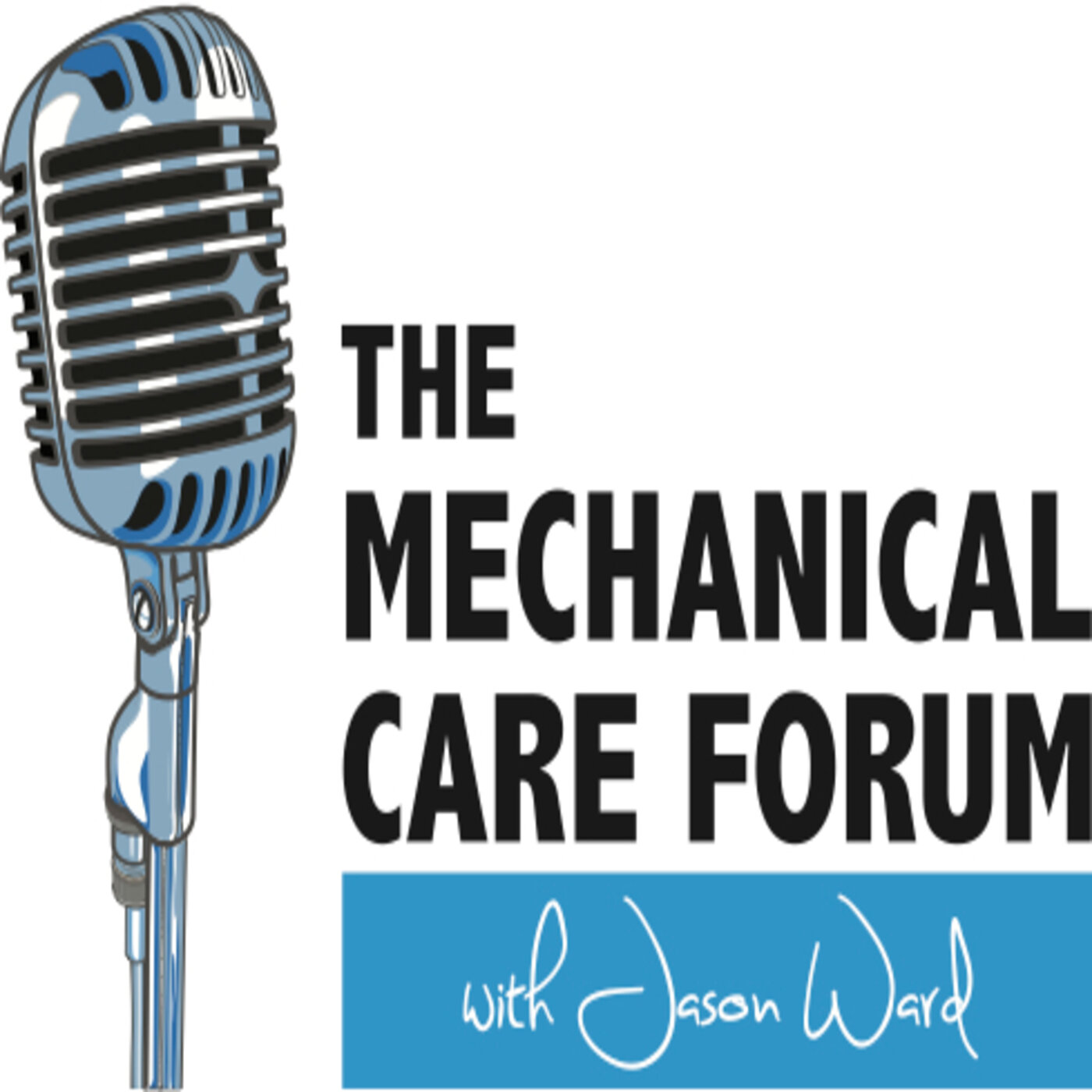Chris Chase MPT, FAAOMPT, Dip MDT
Mr Chris Chase is a 1999 graduate of Saint Louis University. Chris began working directly after graduation in private practice at a Certified McKenzie Clinic and took his first MDT course four months later. He became MDT Certified in 2003, obtained his MDT Diploma in 2009 and finished his Fellowship in Orthopedic Manual Physical Therapy in 2012. For six years Chris led a study group in MDT in St. Louis MO, and has led the Austin, Texas area MDT study group since he moved to Texas in 2009. As an employee at St. David’s Rehabilitation, Spine and Sports Therapy clinic, Chris practices full time in addition to being an Assistant Diploma Educator at the MDT Austin Diploma Training site.
Show Notes
Personal Background
Chris grew up in St. Louis, Missouri and married his wife, who is also a physical therapist. He has 2 kids, Emily and Ryan and enjoys coaching sports, watching sports and also traveling with his family.
Professional Background
Chris graduated from St. Louis University and while in PT school he met Dan Kelley which led to a part time job while in school and then his first job as a physical therapist once he completed school. That allowed him to complete credentialing and the diploma program. He complete fellowship through the American Academy of Orthopedic Manual Physical Therapy as well. Later he began working with the McKenzie Institute as an assistance instructor at the Austin, Texas Diploma program.
Quote
“Tell me and I may forget, teach me and I may remember, involve me and I will learn.”
Ben Franklin
Greatest Strength
The patient empowerment is what comes to Chris’ mind as a great strength. It often yields improvement in fewer visits saving time and money for the payer and patient. Chris sees this focus reaching more and more outside the MDT clinicians.
Memorable Patient Experience
Chris saw a patient status-post ACL reconstruction who had already begun therapy elsewhere and was struggling with pain and poor recovery. Chris recounts working for 30-40 minutes mobilizing her knee into extension and the patient returned after that first visit remarking with a tear in her eye how much better she was in just one visit. This impressed upon him once more the importance of listening to the patient and treating based on the issue. He mentions that there are good and bad in any profession and he doesn't want to ever be labeled as a bad therapist.
Struggle
Chris’ story is a bit different because his greatest struggle came about 10 years after he began practicing. He was managing clinicians and treating patients which he loved and he came to work and was told he had been promoted and would’t be treating patients anymore. This made him think of advice he’d been given to always love what you do. He had to make a difficult decision about that situation but has looked back and realized he made the right choice.
Patient Education Analogy
A very valuable practice that Chris has done is to use dry erase board and simply write on the board the principles of recovery; Reduce, Maintain, Recover, Prevent. This big picture to the patient helps them understand and helps them be motivated to commit to the program.
Common Clinical Mistakes
Chris sees many patterns of difficulties with students. One is the history-taking where many clinicians don’t use the MDT form well and don’t understand the intent of each item. Another is the inaccurate classification and the common mistake of classifying many into the derangement class when they’re not. The weakness of manual skills and especially manipulation is common as well.
To contribute:
Give a 5-star review on iTunes;
Share EP #78 with a friend; and/or
Connect with us on the Spotify MCF Podcast and MCF Instagram page!
Thanks for your support!

